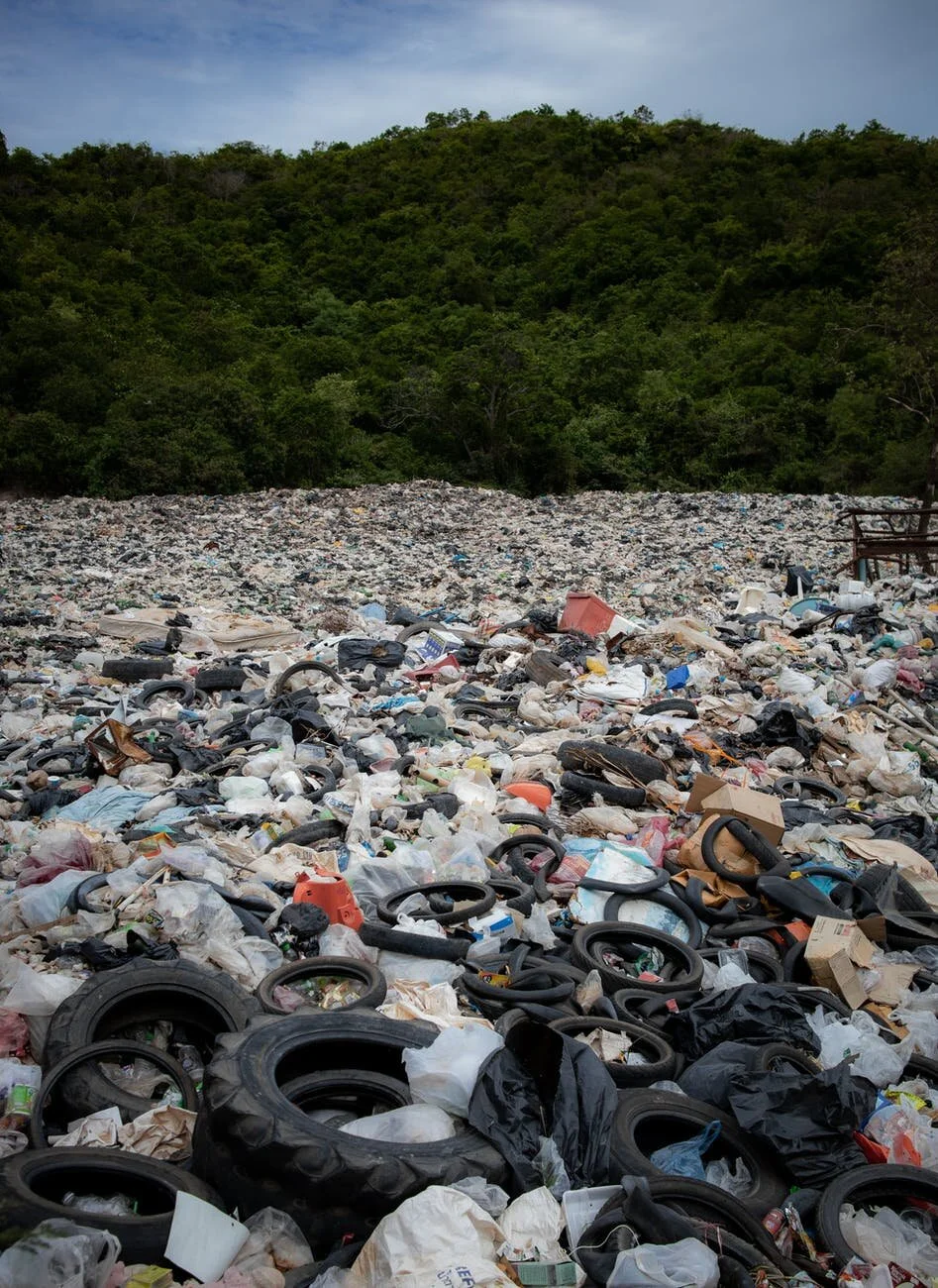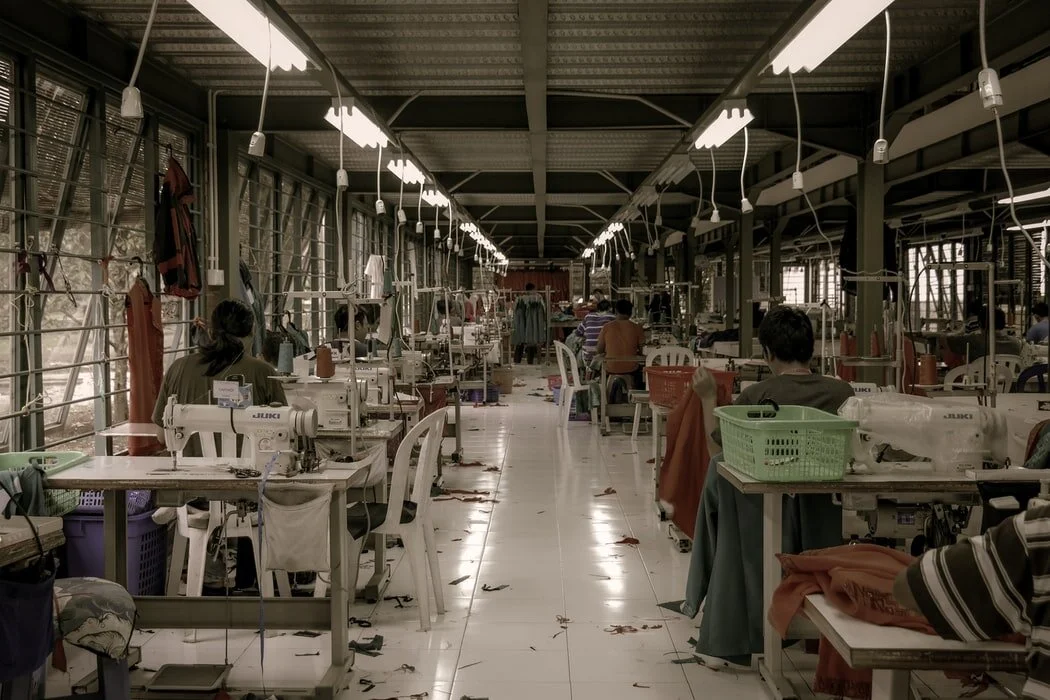Human Rights - Going Beyond Minimum Safeguards
When analysing the recent EU regulations on sustainable finance, a recurring and converging theme can be observed alongside the focus on climate and environment – this is human rights due diligence. Human rights due diligence is a way for corporates and investors to proactively manage any potential negative human rights impacts, within which they are involved.
On the 12th of July 2020 the EU Taxonomy was introduced – the regulation requires companies and investors to report in alignment with six environmental objectives, however, the regulation also places social safeguards as a prerequisite. The EU taxonomy is not the only regulation with a focus on social and human rights. On the 10th of March 2021 the Sustainable Finance Disclosure Regulation (SFDR) was introduced. The SFDR lays out mandatory and optional Principle Adverse Impact (PAI) indicators across a variety of social and human rights matters for financial market participants. These regulations are key in allowing investors to have a clear oversight over the impact of their financed entities.
Apart from EU-level initiatives, there are also similar standards imposed by national governments, such as the French “Duty of Vigilance Act” in 2017, and the Dutch “Child Labour Due Diligence Act” in 2019. The London Metal Exchange has warned that companies that fail to observe responsible sourcing guidelines will be removed from the exchange.
Why are these regulations necessary? - The answer lies in the growing risk posed by unethical supply chain practices, where global corporates and investors can easily loss control. These risks include child labour and modern slavery, both of which are commonly seen across the textiles supply chain. Route2 estimates the social cost of each child labourer at approx. £25,000 and that of modern slavery at £77,000 when considering lost income, health and wellbeing, and government healthcare costs. The societal cost of modern slavery is greater than that of child labour, this is attributed to the greater health and wellbeing costs, and greater loss of income. Apart from societal costs, the risks behind these incidents can also be costly for businesses as they eventually materialise and internalise as financial costs. For example, German companies that do not comply with the German Supply Chain Act can face fines of up to 2% of a company’s global revenue. As more regulations around the labelling of sustainable funds come into play, better due diligence will be required to identify and market sustainable portfolios. Poor due diligence not only leaves risks unmanaged, resulting in mislabelling that undermines responsible investors’ brand image, but also hinders efforts for stewardship and engagement.
In practice, many companies and investors are finding it difficult to integrate human rights due diligence into their agenda despite good intentions. One of the biggest hurdles is poor data quality. Human rights due diligence can mean screening corporate policies on anti-bribery and human rights and understanding if any violations of global norms such as the Guiding Principles on Business and Human Rights have occurred. However, given the complex nature of globalised supply chains obtaining the data which allows the full picture of ethical conduct to be obtained can be very challenging.
Compliance regulations and internal policies are a practical form of due diligence, providing investors with a basic understanding of business ESG standards. However, more fundamental progress towards positive impact comes from understanding that business practices have substantial external costs that internalise over time. By recognising these social values and externalities responsible investors will be able to identify businesses’ real societal contributions and costs, subsequently harmonising the social and financial outcomes of investments.
For this goal, Route2’s solutions provide rigorous and forward-looking insight tools, powered by our proprietary Total Capital Accounting framework which accounts for social and other costs dynamically. Through our internalisation models, we can assess portfolios’ human rights indicators, both in direct operations and in supply chains, eventually surfacing the risks and probable financial costs. Our approach supports current regulations compliance, including Taxonomy Regulations, SFDR and CSRD, NFRD, etc., as well as provides the insights that enable proactiveness for future ones – which we believe can lessen today’s “reporting fatigue”.
Route2 delivers unique insights into the total impact of business activities. We offer businesses expert advice and analysis about historical and future performance. Our services (coined Value2Society) strengthen decision making, establish competitive advantage and enhance the value business delivers to society.
To find out more, email us at info@route2.com or phone +44 (0) 208 878 3941
Follow our social media to never miss a post:











